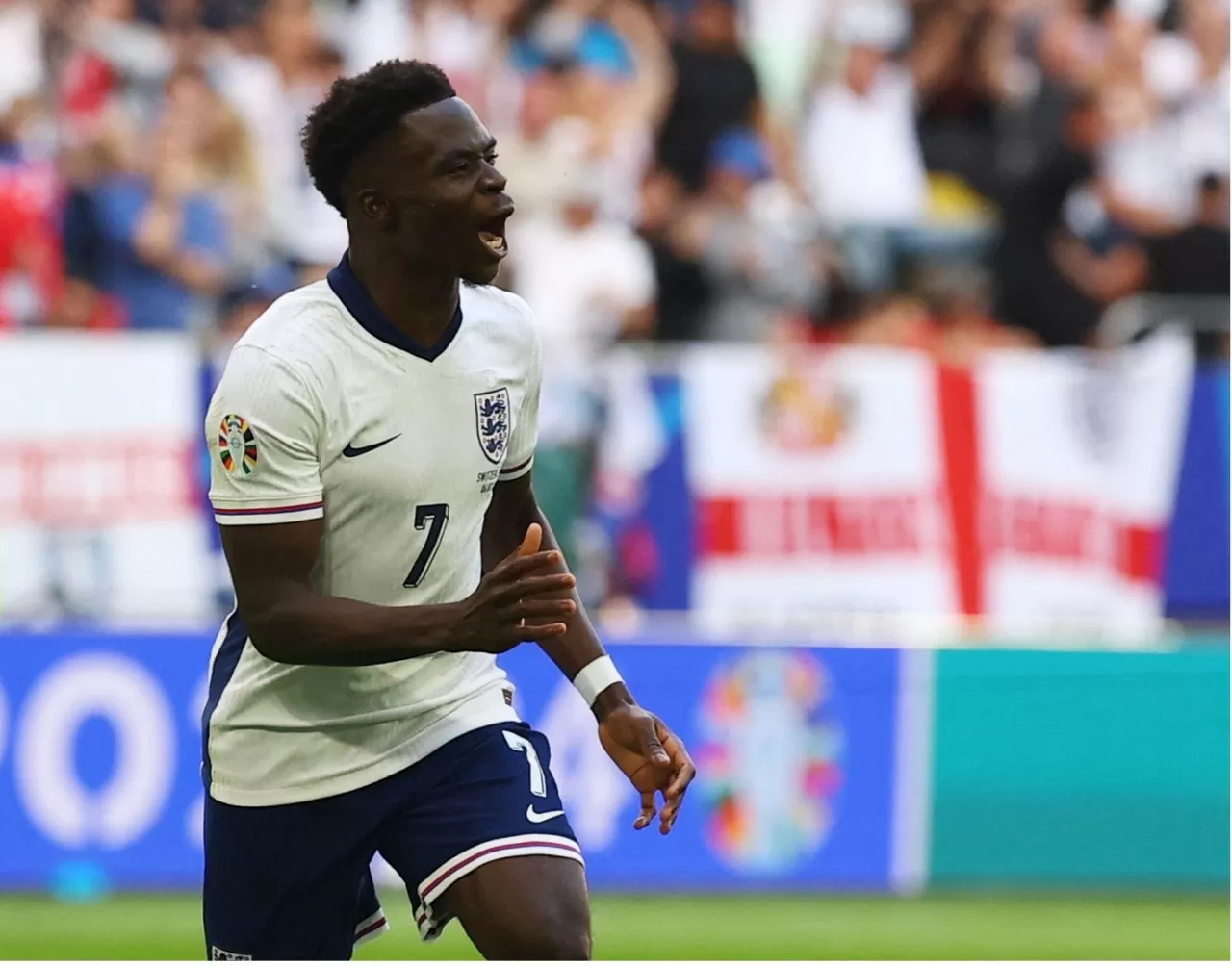 |
| England player Bukayso Saka was haunted for years by the pressure after missing the decisive penalty in the last Euro final. (Source: Reuters) |
Human beings have always yearned for societies built on inclusion and mutual respect. We all want and deserve to live and be treated equally and harmoniously. Justice, religion, culture, and institutions all aim at the goal of individual happiness, where every member of society can maximize his or her true potential.
The moments of England player Bukayo Saka scoring an excellent penalty against Switzerland in the quarter-finals of Euro 2024 will surely remain in the hearts of many fans.
After the referee's whistle blew, ending the match, from the penalty shootout between England and Switzerland, people saw the media flooded with praise and comments praising the talents of players Bukayo Saka, Ivan Toney, Trent Alexander Arnold and Jude Bellingham.
However, the question is, why is the support of a part of the media and many people such “conditional support”? Why do many people only cheer for black and African players when they are successful, but turn their backs on them when they unfortunately fail?
In a recent intercultural communication course, our Australian lecturer told a story that left the students speechless. In 1983, before making his England debut, black player Cyrille Regis was shot at a pole. In 1988, John Barnes, Liverpool’s first black player, had a banana thrown at him. In 2007, Avram Grant, the first Jewish manager in the Premier League at Chelsea, was subjected to a barrage of anti-Semitic abuse from both the media and fans.
Football fans will remember that four years ago in the Euro 2020 final, three black England players missed penalties in the shootout against Italy. The crucial penalty was missed by Arsenal’s Bukayo Saka, who, along with Marcus Rashford and Jadon Sancho, received thousands of hateful messages online.
This hostility extends beyond the stands and is amplified by the anonymity of social media. This targeted hatred continues to affect the game and deeply hurts players of color. So racism in football and elsewhere is a persistent and not new disease.
Could there be other cases involving people of color that we have never heard of or are reluctant to talk about?
In my opinion, to make the situation better, people with discriminatory thoughts need to be educated.
As a football fan and an ordinary citizen, I believe that the vast majority of the public would like to see anti-racism education programs to raise awareness and combat prejudice and discrimination.
Workshops, outreach initiatives and anti-racism campaigns can promote tolerance, understanding and combat prejudice. This, if done right, can help football fans reconsider their unsavoury behaviour.
More broadly, anti-racism and anti-oppression awareness courses will help people understand that racist and abusive language should not be part of any sporting event. This, in turn, will remind us to respect everyone, take proactive measures and foster a culture of diversity, equality, inclusion and respect.
Source: https://baoquocte.vn/bong-da-va-sac-toc-279234.html


![[Photo] President Luong Cuong presides over the official welcoming ceremony for Burundian President Évariste Ndayishimiye](https://vstatic.vietnam.vn/vietnam/resource/IMAGE/2025/4/4/63ceadc486ff4138abe2e88e93c81c91)
![[Photo] Parade rehearsal on the training ground in preparation for the April 30 celebration in Ho Chi Minh City](https://vstatic.vietnam.vn/vietnam/resource/IMAGE/2025/4/4/e5645ddf85f647e6a25164d11de71592)
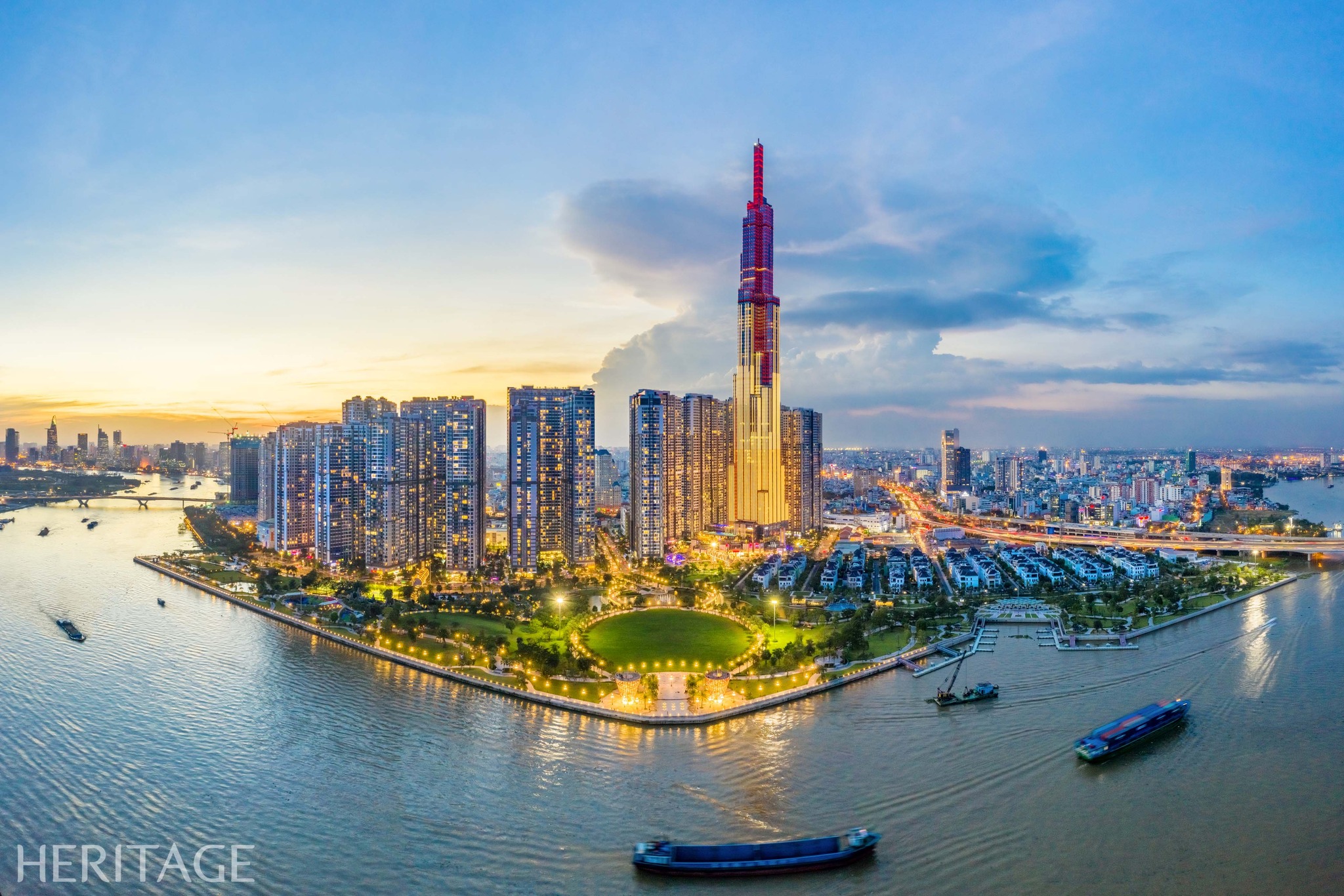
![[Photo] General Secretary To Lam receives President of the Republic of Burundi Évariste Ndayishimiye](https://vstatic.vietnam.vn/vietnam/resource/IMAGE/2025/4/4/d6df4662ecde41ef9bf55f1648343454)
![[Photo] Workshop "Future for the Rising Generation" continues the profound value and strong message from the article of General Secretary To Lam](https://vstatic.vietnam.vn/vietnam/resource/IMAGE/2025/4/4/ec974c5d9e8e44f2b01384038e183115)


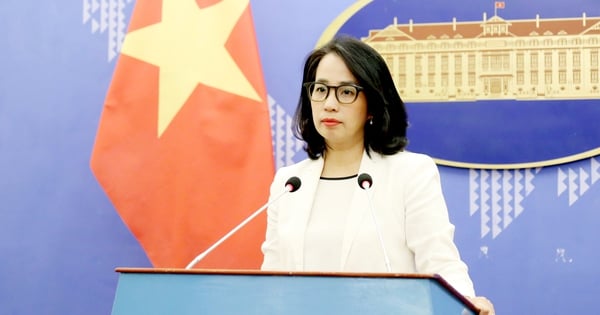

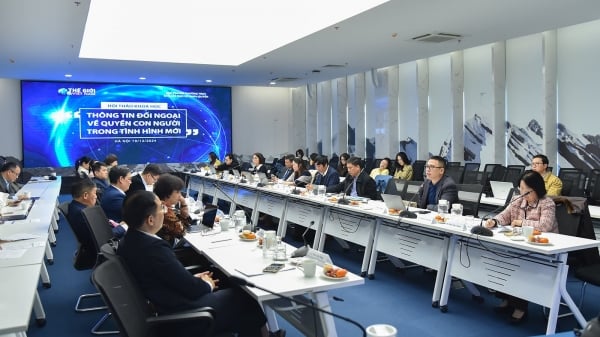

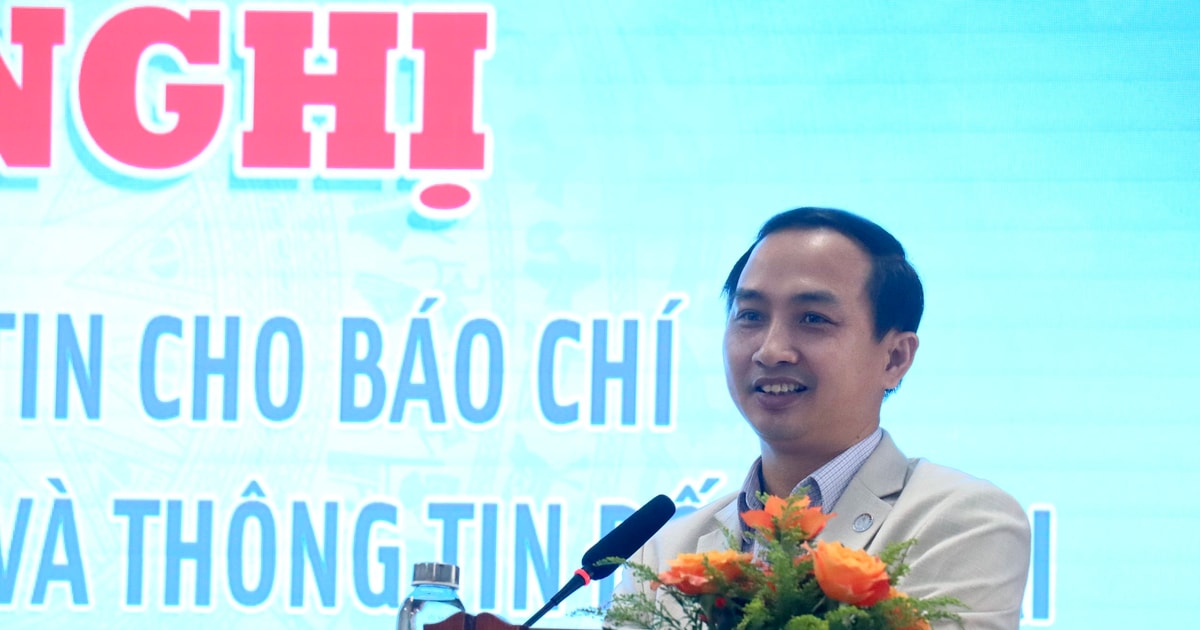

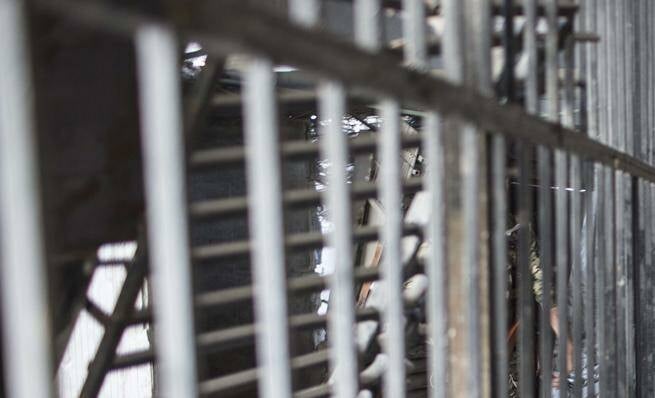




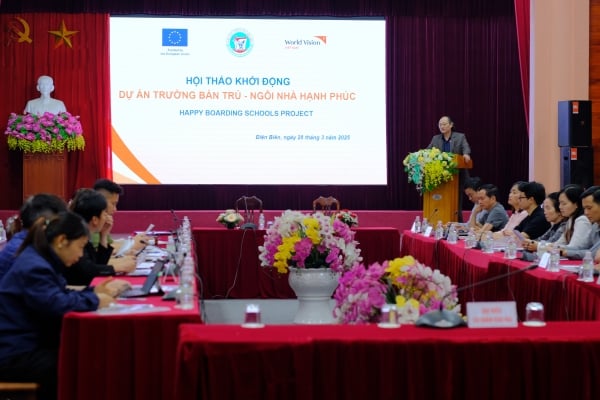
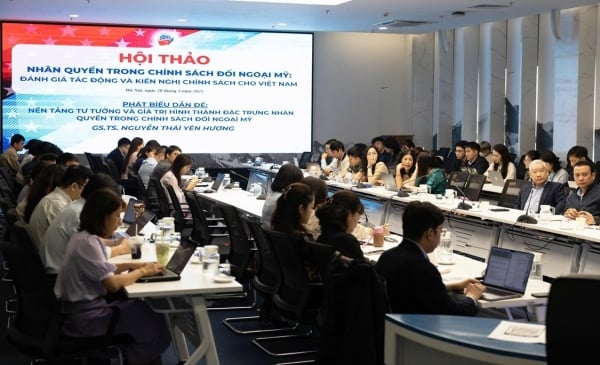









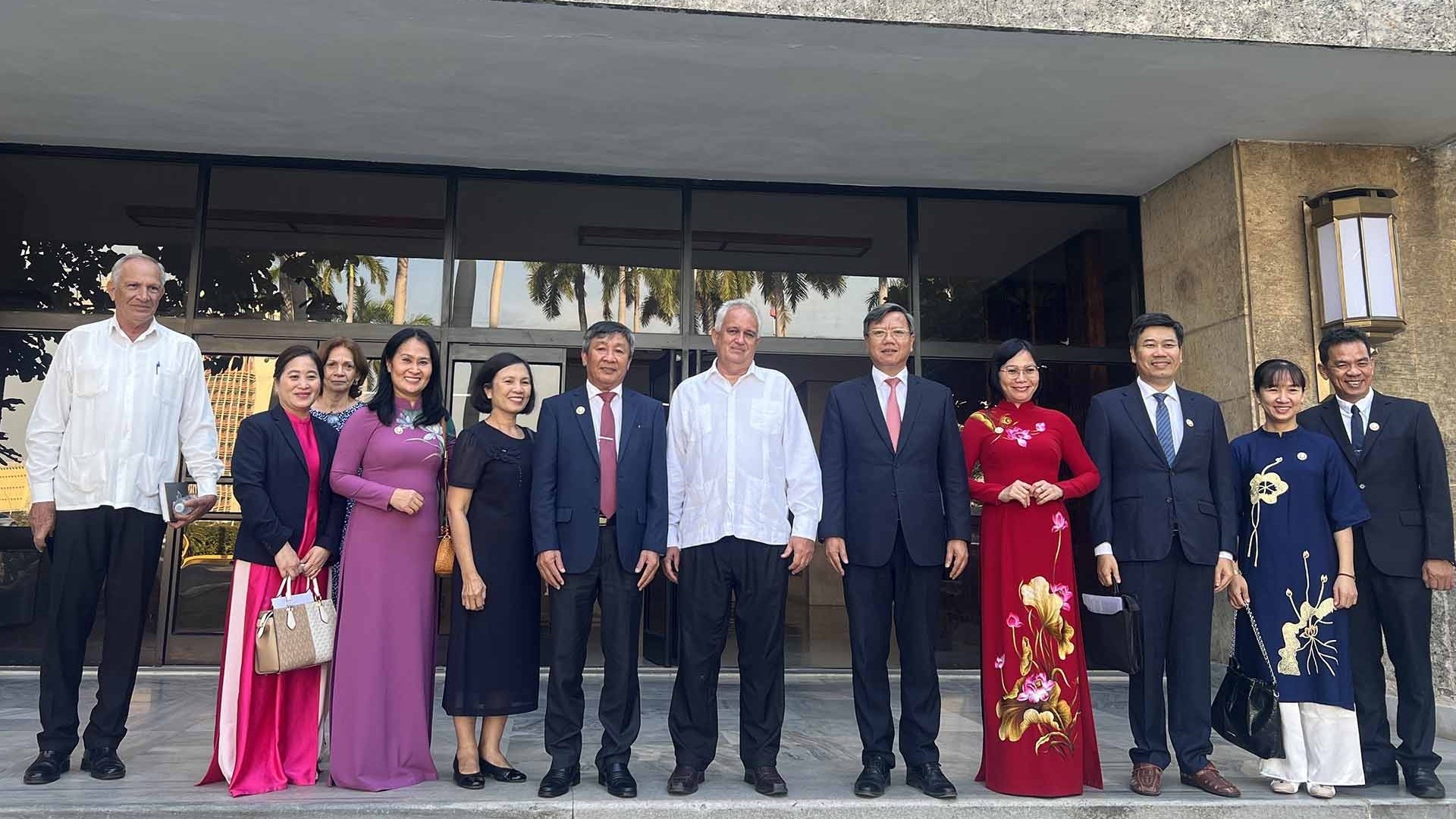

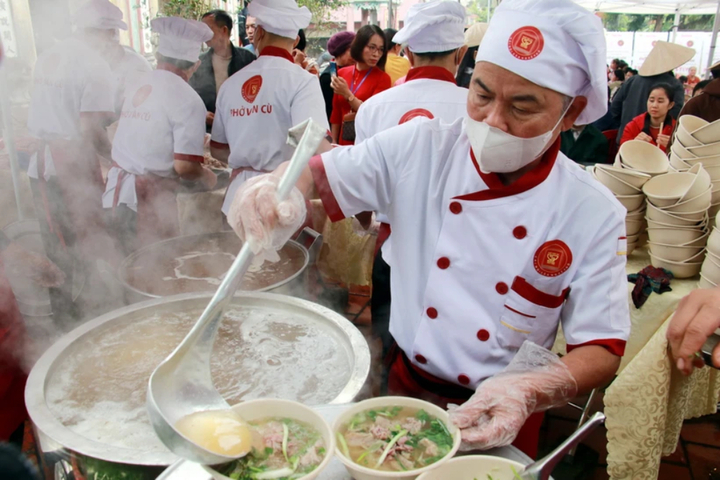

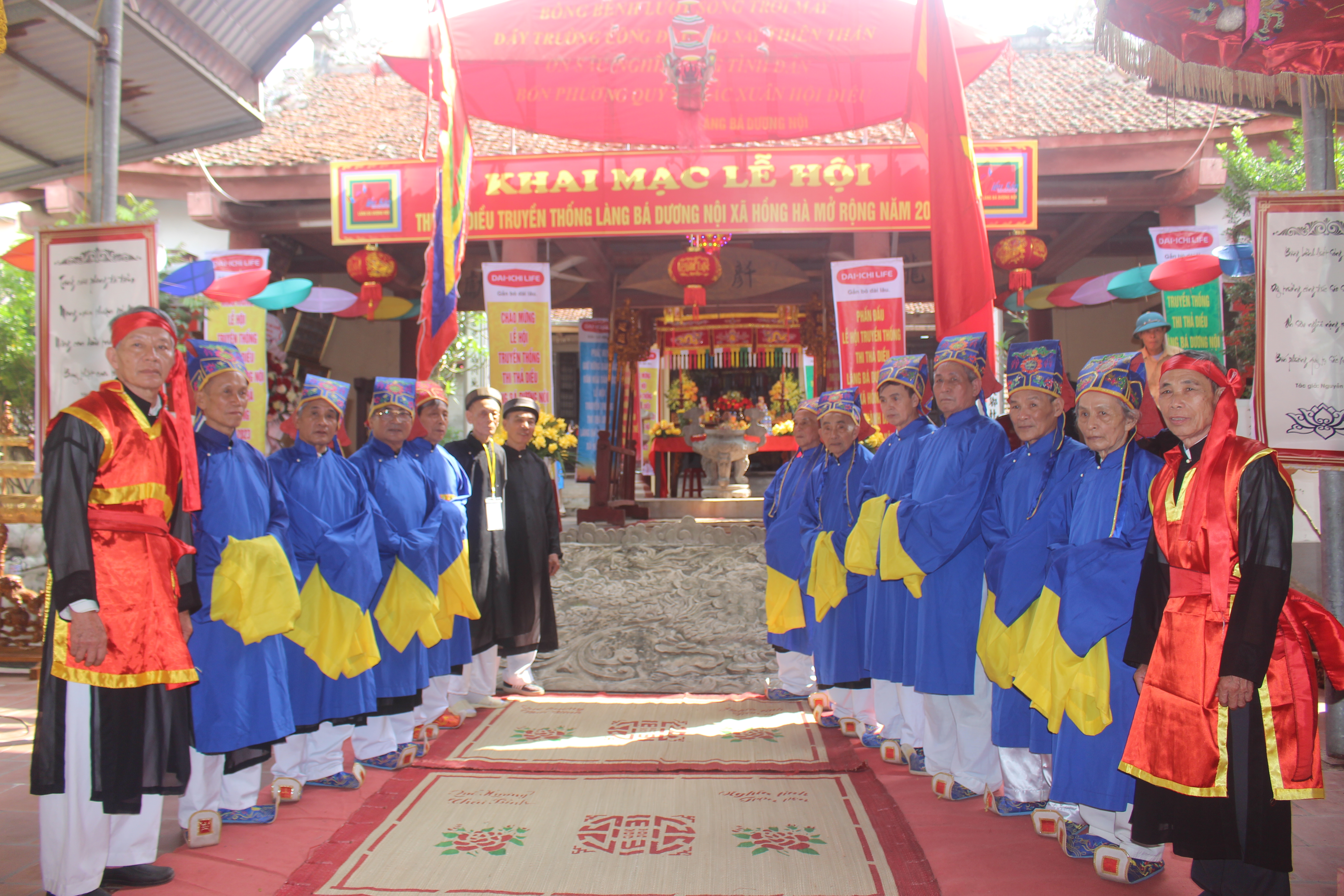





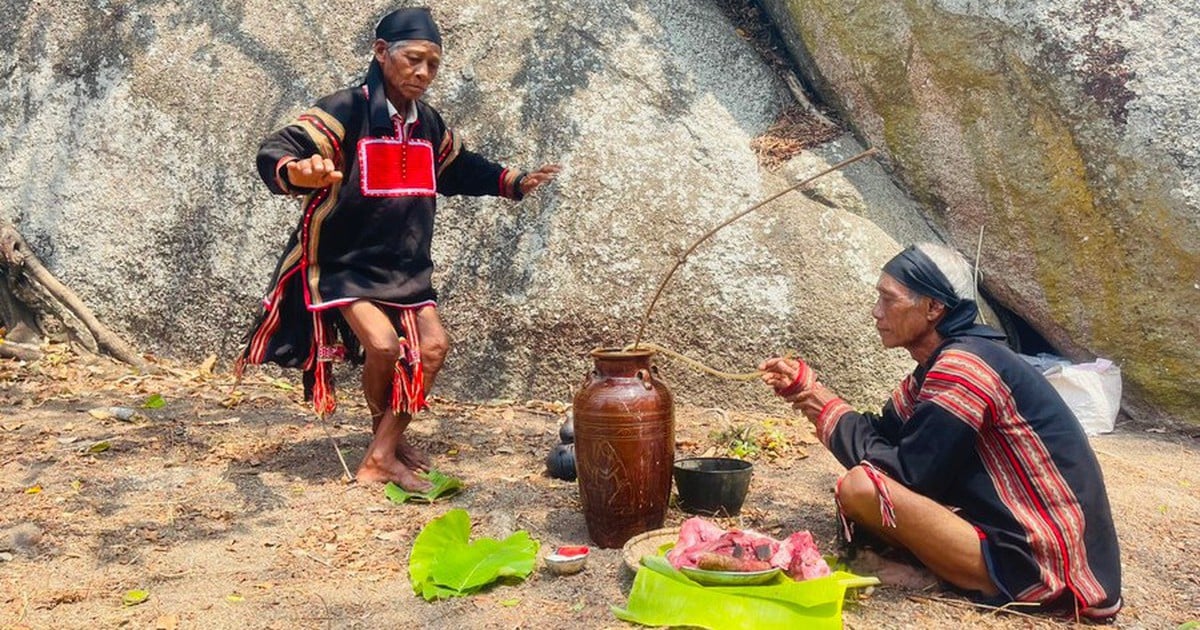







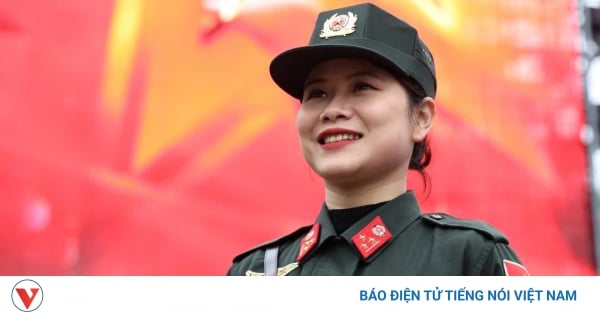




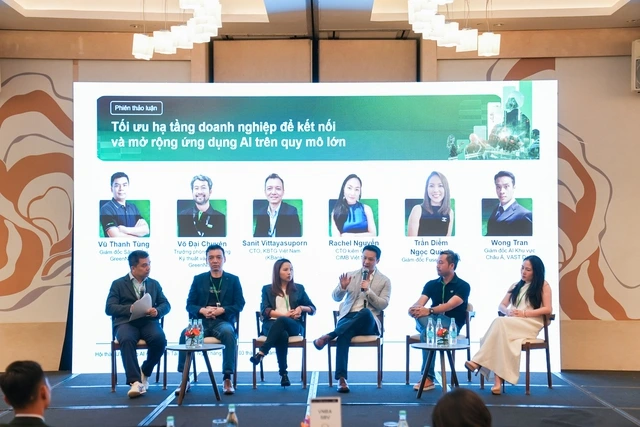










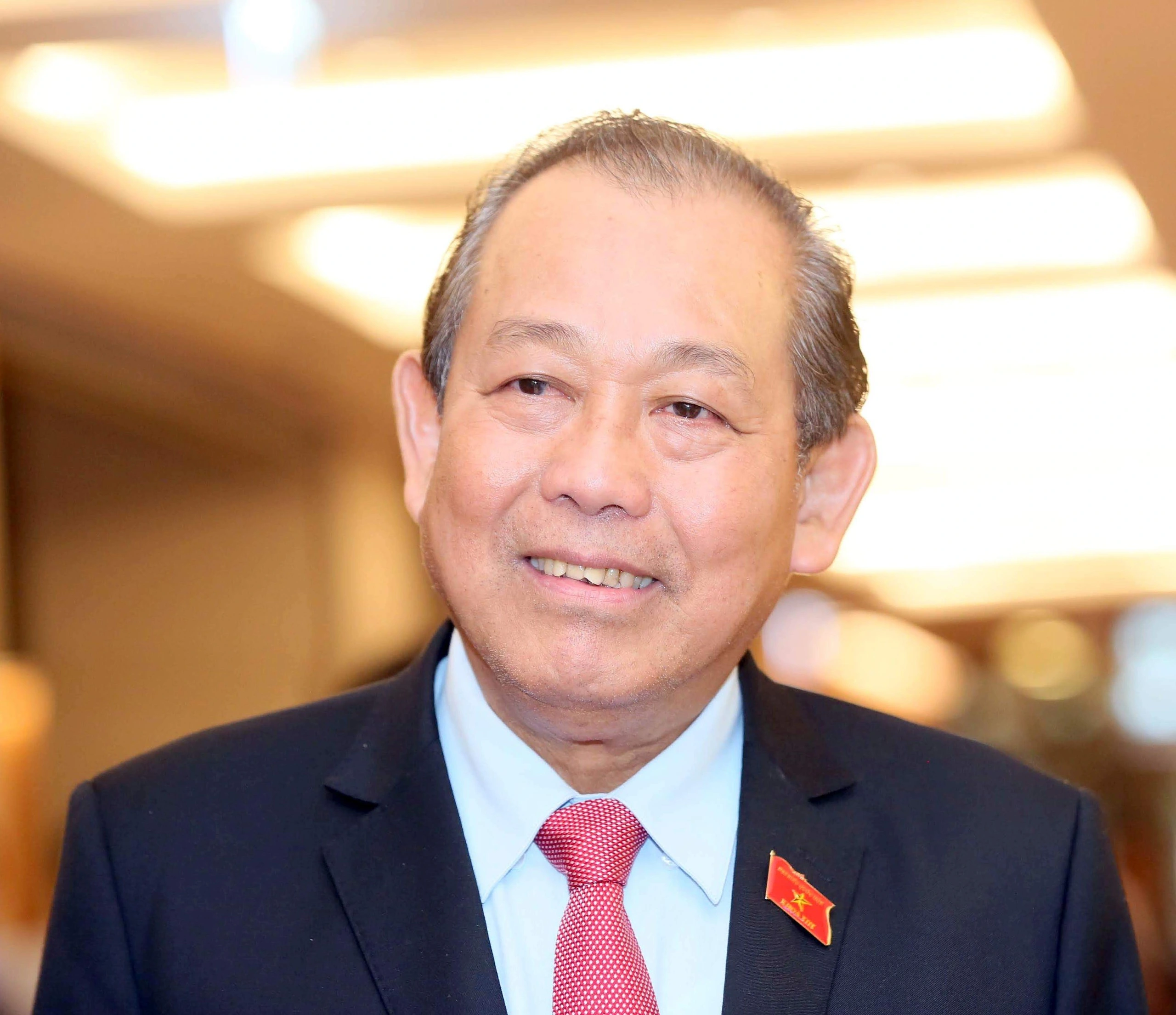

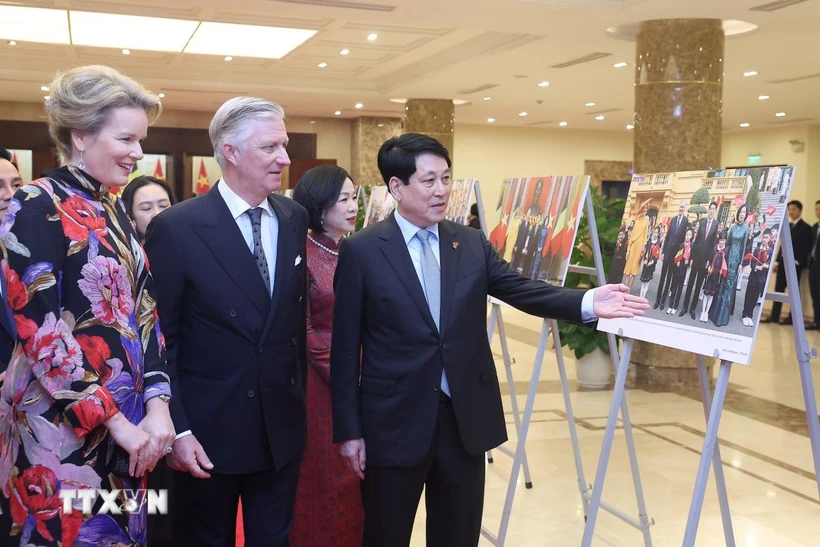

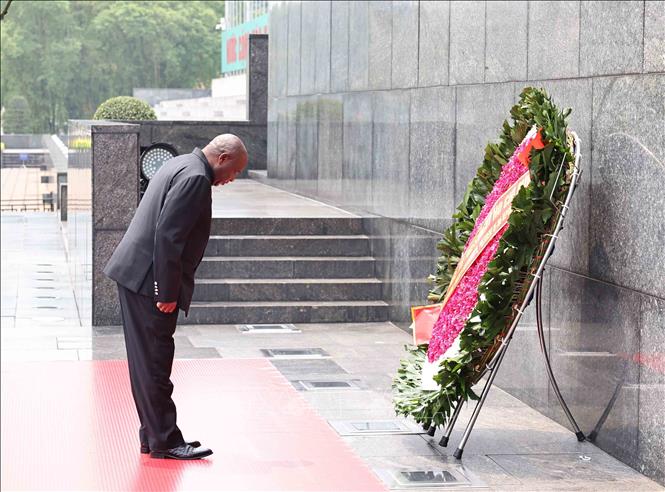






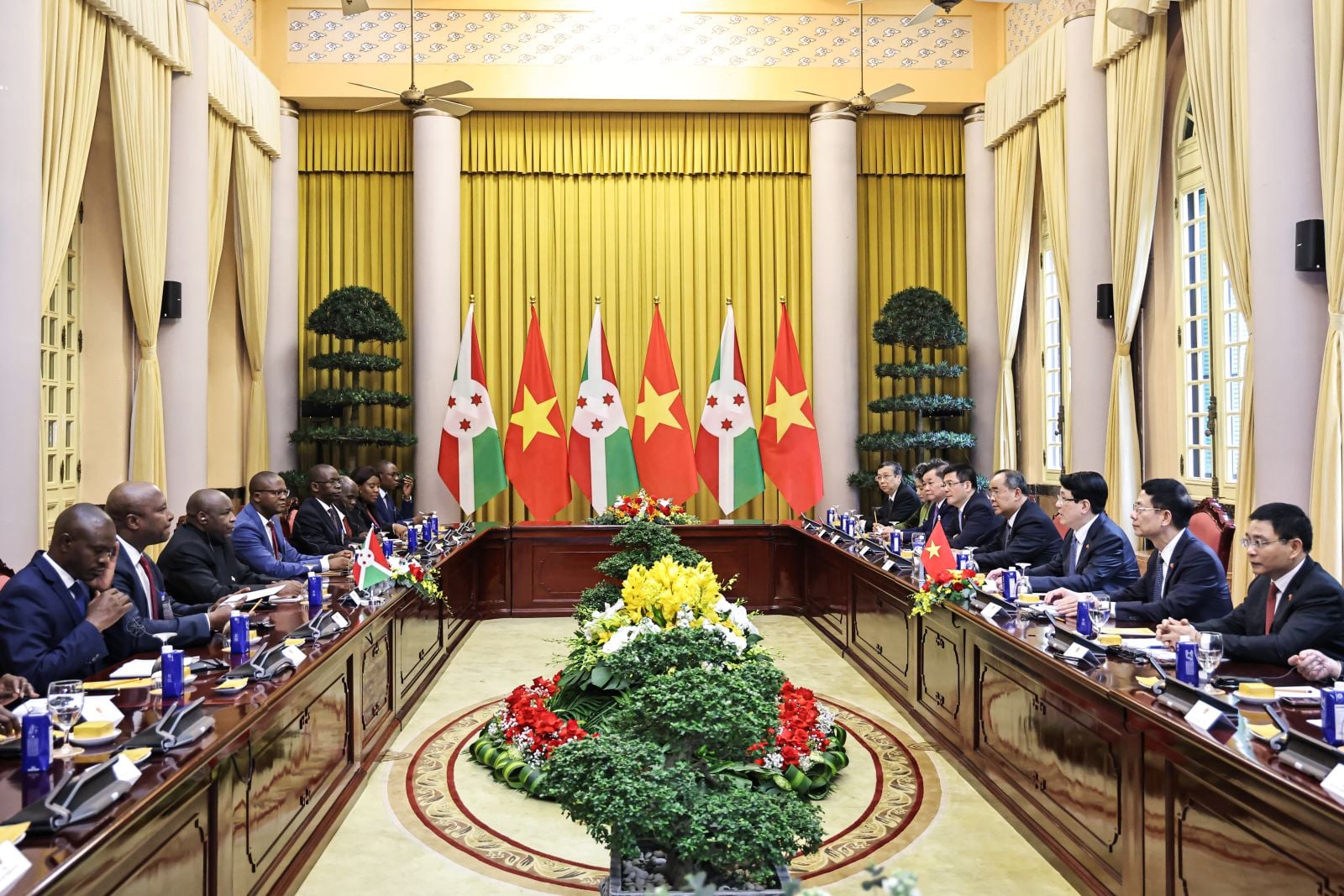






















Comment (0)